Watch Tribal Histories On Air and Online
August 25, 2014 Leave a Comment
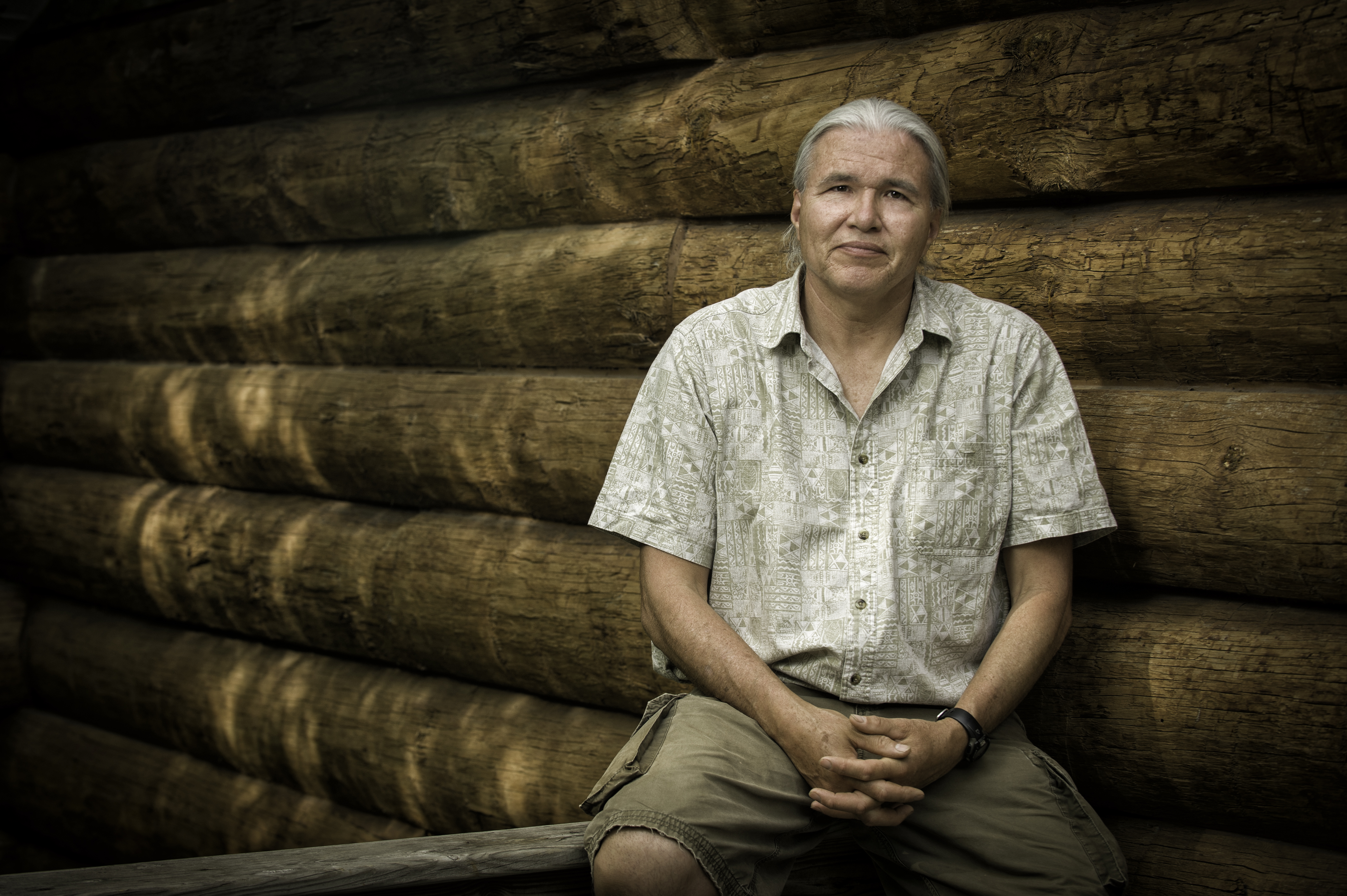 In August, Wisconsin Public Television premiered the first three parts of the Tribal Histories project, which over the next two years will share the history and traditions of all of our state’s Native American tribes and sovereign nations.
In August, Wisconsin Public Television premiered the first three parts of the Tribal Histories project, which over the next two years will share the history and traditions of all of our state’s Native American tribes and sovereign nations.
Recorded in the beautiful natural settings of the regions that native people have called home for centuries, the programs feature rich retellings of the challenges, triumphs and time-honored traditions that have shaped their vibrant communities across generations.
In the first three programs, tribal members share their nation’s oral traditions with David Grignon from the Menominee Nation, Randy Cornelius from the Oneida Tribe of Indians of Wisconsin (pictured above) and Jim Thunder and Mike Alloway Sr. from the Forest County Potawatomi. And, you can watch all three programs online now, below.
Programs featuring the eight other sovereign nations located within Wisconsin’s modern boundaries and the Brothertown Indian Nation, whose sovereign status is no longer recognized by the federal government, will air on WPT in the next couple years.
WPT’s Tribal Histories project is part of Wisconsin’s Act 31 Initiative to provide educational material about American Indians in Wisconsin to the state’s schools of education and K-12 teachers.
Native Americans PBS Tribal Histories public television Wisconsin Public Television Wisconsin Public Television Program Wisconsin video Native American Menominee Nation Act 31
 Passport
Passport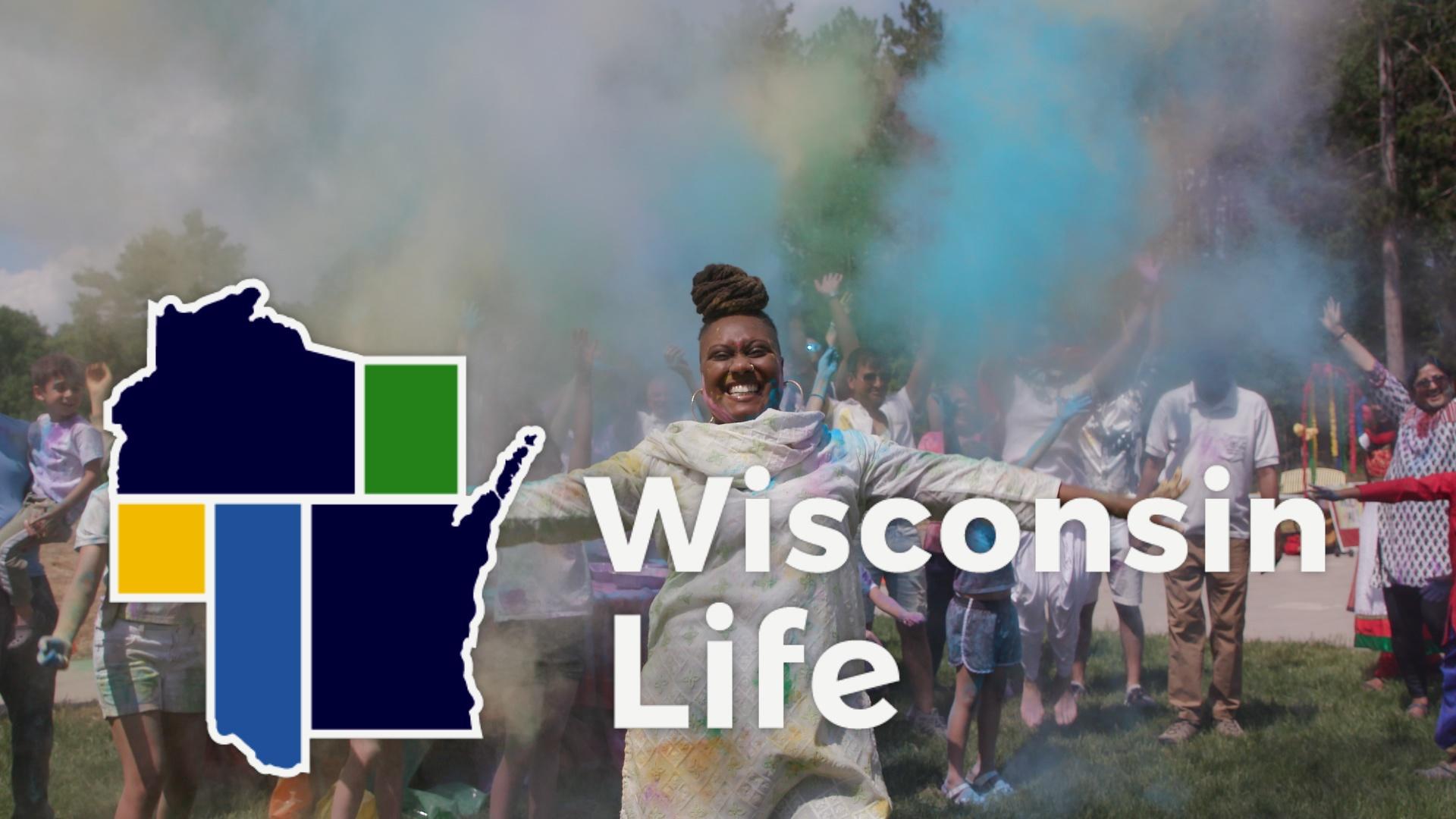

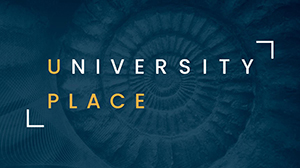
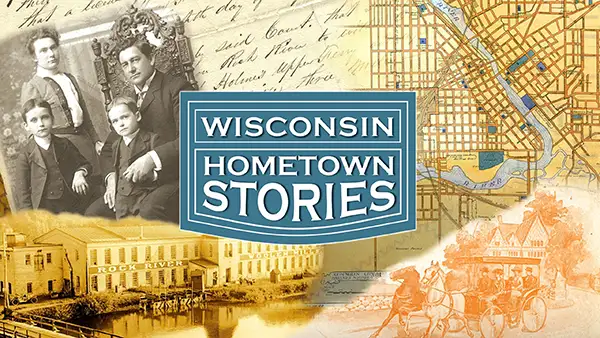
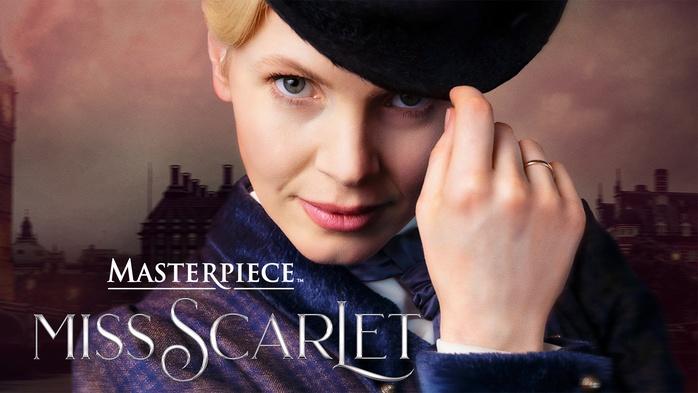



Gail Schwersenska says:
Beautifully done, should be mandatory in every school in the state. Thank you so much, I look forward to the next ones
Helen Johnson says:
In the Menominee and Oneida cases, restricting the narrative to one person does not give other well-informed Menominee and Oneida the opportunity to express different perspectives. In the Menominee case, the only images were from the museum and sawmill but the Menominee Nation school (a very important cultural asset) was omitted. In the Oneida case, the outstanding museum and other tribal buildings would have added much. Since the Oneida are matrilineal, why didn’t you find a clan mother or group of sisters to narrate at least part?
The Potawatomi program was better because there were two speakers, both well-informed. More perspectives means a more genuine picture of the tribe.
Just to train the camera on one speaker for the entire program gives the whole project an amateur sheen. Far better to assemble a talking circle.
Judy Gosz says:
I forgot to tell you that the Menominee documentary does not play . . .I listened to it, but the video
Would stop. . .I tried to watch it several times . . .I had no problems with the Oneida or Potawatomi films.
Judy Gosz says:
It is wonderful to hear the histories of my neighbors . . . I hope you expand the discussion by doing more . . . Each nation has so much to share! I’m grateful to the elders who spoke from their hearts.
Migwich, wywanan!
The filming was very good . .
I do think that bunching the messages together may confuse people, because the format was so similar for each tribe . . .
I’ll look forward to more in this series!